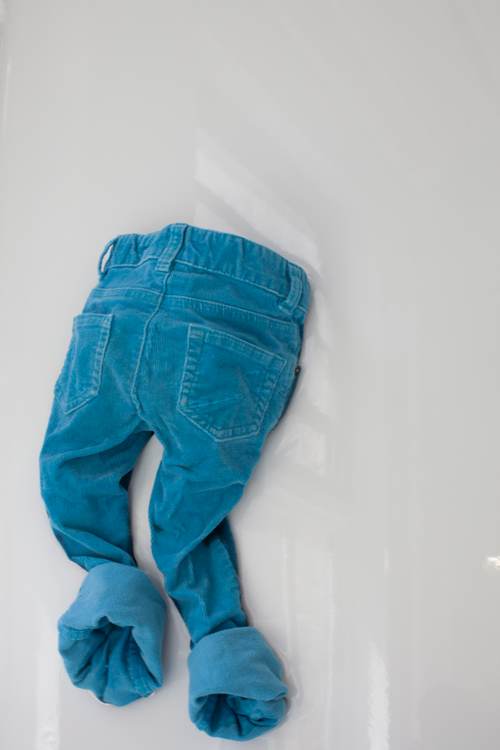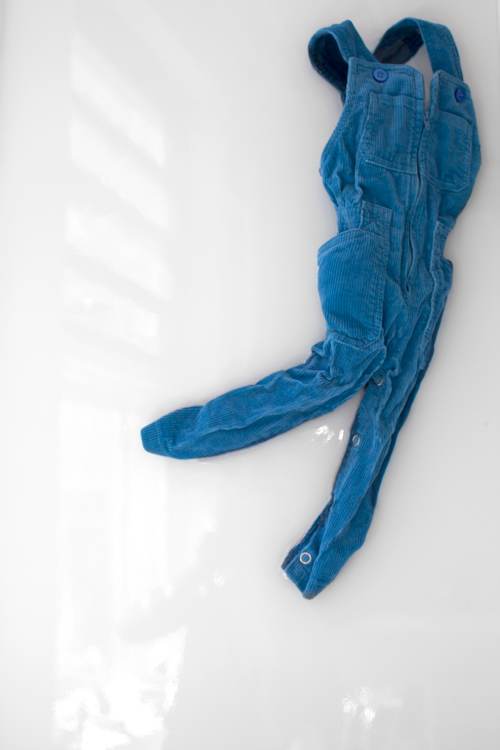People Here Drink a Lot
Our country is colossal, much too big for the nightly news. Our series continues where a TMN editor randomly calls people in towns around America to find out what’s really going on.

Wedged between the Cascade Range and the Willamette National Forest, the bucolic, fog-veiled town of Sweet Home, Ore., has a summertime climate to rival Tolkien’s Rivendell. According to Weather.com, it’s a whopping 76 degrees there when I start calling people in the middle of the afternoon.
The first one to pick up is LeAnn Victor, 40, who, along with her husband Manny, owns and operates Sweet Home Choppers, a custom motorcycle shop off Highway 12. “Yep. We sell and do repairs. Not just motorcycles but Harley-Davidsons, too,” LeAnn says, sounding cheerful as a flight attendant. “Also, we’ve got a side room for your leather garments and such.”
“What’s it like to live in Sweet Home?”
“Well, it was originally a logging town,” she says. “Then came what you might call the ‘Spotted Owl epidemic.’ That stopped all the logging. Now people have to be a little more creative with how they make their living.”
Sweet Home Choppers is a good example. Despite its small-town location, LeAnn says the shop has lately become something of a destination spot among motorcycle enthusiasts, drawing customers from as far as Colorado and Iowa. She cites the shop’s honesty and integrity to explain its growing popularity. “We’re riders, too,” she says. “If you can go another few hundred miles without changing something out, we’ll tell you about it. Do unto others. I think people appreciate that.”
When I ask her if anything memorable’s happened lately in Sweet Home, LeAnn doesn’t need to think about it too hard. “Oh, well, this trucker named Grizzly came in real early this morning,” she says. “Big guy, but nice enough. He’s got this cute little dog with him that he takes everywhere.” She pauses. “Do you know about this new Captain America movie?”
“The one from last year?”
“Yeah. Well, see, Grizzly works as a transporter. I don’t know how we got to talking about it, but he actually transported the motorcycle that Captain America rides in the movie. He had photos and everything.” LeAnn laughs. “I guess he just keeps them on him, in case the subject comes up.”
Any future plans for LeAnn and Manny, given that business is booming?
“Not really,” she says. “We might move a little further away, but that’d be just to make our trip to work longer. We’re so busy these days, it’s the only chance we get to ride anymore.”
“You know, most people wish they had shorter commutes,” I say.
“Yeah? Well, tell them to come by the shop,” she says, laughing. “We’ll set them up right.”
At the Happy Tails Pet Salon, in St. Louis, Mo., there’s a 21-year-old receptionist who can’t wait to get out of dodge. “I’m heading to the beaches as soon as I can,” she says, softly, like it’s a secret. “Somewhere in Florida. I haven’t decided where yet.”
This is Amy M. She’s lived in St. Louis since she was six, and hates it. “Bars, bars, and the arch thing. That’s about all there is to say about it,” she says. “Yeah. People here drink a lot. Even more than other places, I think.”
Because it’s called Happy Tails, we get a lot of people who think it’s a strip joint. They come in all confused, wondering what’s going on. Other people bring in their kids, thinking it’s a preschool or something.
Of course, working at Happy Tails isn’t so bad. The job allows her the free time to go to community college, for instance, and the customers can sometimes make for some funny stories.
“Because it’s called Happy Tails, we get a lot of people who think it’s a strip joint. They come in all confused, wondering what’s going on,” she says. “Other people bring in their kids, thinking it’s a preschool or something. ‘Isn’t this Happy Trails?’ they say. Doesn’t it say ‘daycare’ on the sign? And I’m like, yeah, daycare for dogs?”
There’s a sudden muffled pause, like she’s cupping the receiver with her hand. “I should probably go soon,” she says. “I’m not sure if my boss is OK with me talking to you.”
“That’s fine,” I say. “Just one more question? What do you think you’ll do once you get to Florida?”
“Do you mean for work?” she asks, snapping her tongue. “Hmm, well...”
She hangs up.
The Mobility Express in Weeki Wachee, Fla., normally sells scooters for the disabled, but lately it hasn’t been selling much of anything. It’s too hot out. “The older people go up north a lot in the summers, on account of the heat. That cuts out most of our business,” an employee named Cheryl Peterson, 58, tells me. She makes a sudden sharp in-suck of breath through her teeth, resigning herself to the fact. “Yeah, it’s been pretty uneventful.”
“But you’ve got air conditioning there, right?”
By Cheryl’s tone, I can tell this was a dumb question to ask. “I mean, yeah? This is Florida? It gets kind of hot?” She waits a beat, then laughs for a long time.
Cheryl was born and raised just outside Weeki Wachee, in the larger city of Spring Hill, and knows the area pretty well. “It’s almost like living in the woods, but not,” she says, referring to the forested state park nearby. “You get all the nature, plus the amenities of city living, too.”

“You never wanted to go north yourself?”
Turns out, Cheryl and her husband did actually move to North Carolina a few years ago to work construction. “Building prisons, mostly,” she says. “But we moved back on account of my grandson being sick. For a while, he was having these grand mal seizures? Do you what those are?”
I say I don’t.
“They’re like regular seizures, except you don’t just fall down. It was like someone came up behind him and shoved him down. Shoved him to the ground real hard.”
“That sounds serious. Is he doing OK?”
“Oh, sure,” she says, suddenly breezy. “Yeah, it’s been years since all that.”
“And no plans to go back to North Carolina?”
“No. I realized I like it better here,” she says. “My family’s here. And I’m used to it. Hey, what do you want to know all this stuff for?”
“My article’s about normal people,” I say. “Doing just regular, mundane stuff.”
“Mundane, huh?” She sucks air through her teeth again, as though not sure how to interpret that. Dryly, she adds: “Well, I’m honored.”
A lot has changed over the past 37 years in Wayzata, Minn., but Wayzata Bait & Tackle hasn’t budged an inch. “When we first started up, there was just fields here,” one of the co-owners, Tim Sonenstahl, 49, tells me. “Not even acre culture, just hay fields.”
Nowadays the shop is surrounded on all sides by gray, commercial sprawl. Rather poignantly, Google Street View has captured a large car dealership in the midst of construction just across the street. And if the new SuperTarget nearby wasn’t enough, the recession hit Wayzata Bait & Tackle especially hard. “We’re surviving OK, but we’re not setting the world on fire,” says Tim, who has a classic Minnesotan accent, lifting each vowel with a gentle croon. “I don’t have a new Porsche sitting in my driveway or nothing.”
You can go trout fishing, salmon fishing. You can go inland and go bass fishing. Up north you got some of the best Musky fishing in the world.
Tim was born in Minnesota, and started fishing not long afterwards. “I’ve had a pole in my hands since I was five years old,” he says.
When I mention that I’m calling from Wisconsin, he gets a little excited. “Oh, there’s good fishing out there! I got a picture on the counter right here of a big brown trout that I caught just outside of Milwaukee. You got Lake Michigan out there, you can go trout fishing, salmon fishing. You can go inland and go bass fishing. Up north you got some of the best Musky fishing in the world. You got excellent deer hunting, grouse hunting, turkey hunting. We go snowmobiling up there in the winter. Up in Hayward, that’s where they have the world championships up there. Wisconsin people aren’t all that different from Minnesotans. They want you to be there. They have excellent trail systems.” He goes on for a while longer.
I ask him if he’s ever thought of leaving Minnesota.
“Oh, you know. Everybody’s wanted to leave one time or another. Maybe run off to Alaska or something. Try something different.”
Tim tells me that he did travel around the country in his early twenties, staying for long stretches in both Texas and Florida, but that he couldn’t get used to the year-long summers. In the end, he missed snowmobiling too much. “You get used to the things you like and you don’t want to leave,” he says. “Anyway, I’ve got this store.”
“Any interesting customers today?”
“Oh, sure. I just sold some sucker minnows to a big pike-fishing crew,” he offers. “But that’s probably it. It’s just a bait shop, you know. No Girls Gone Wild or anything like that. Thank heavens.”
